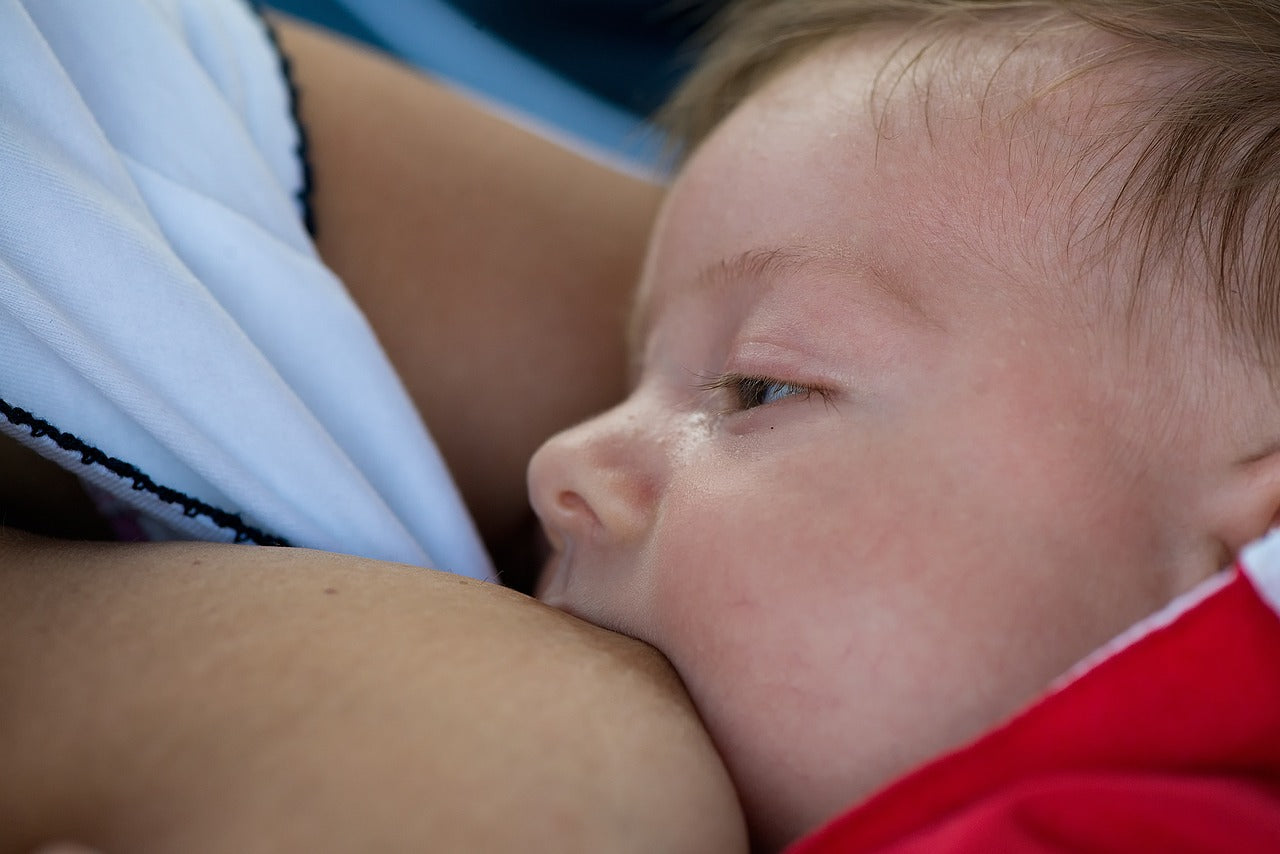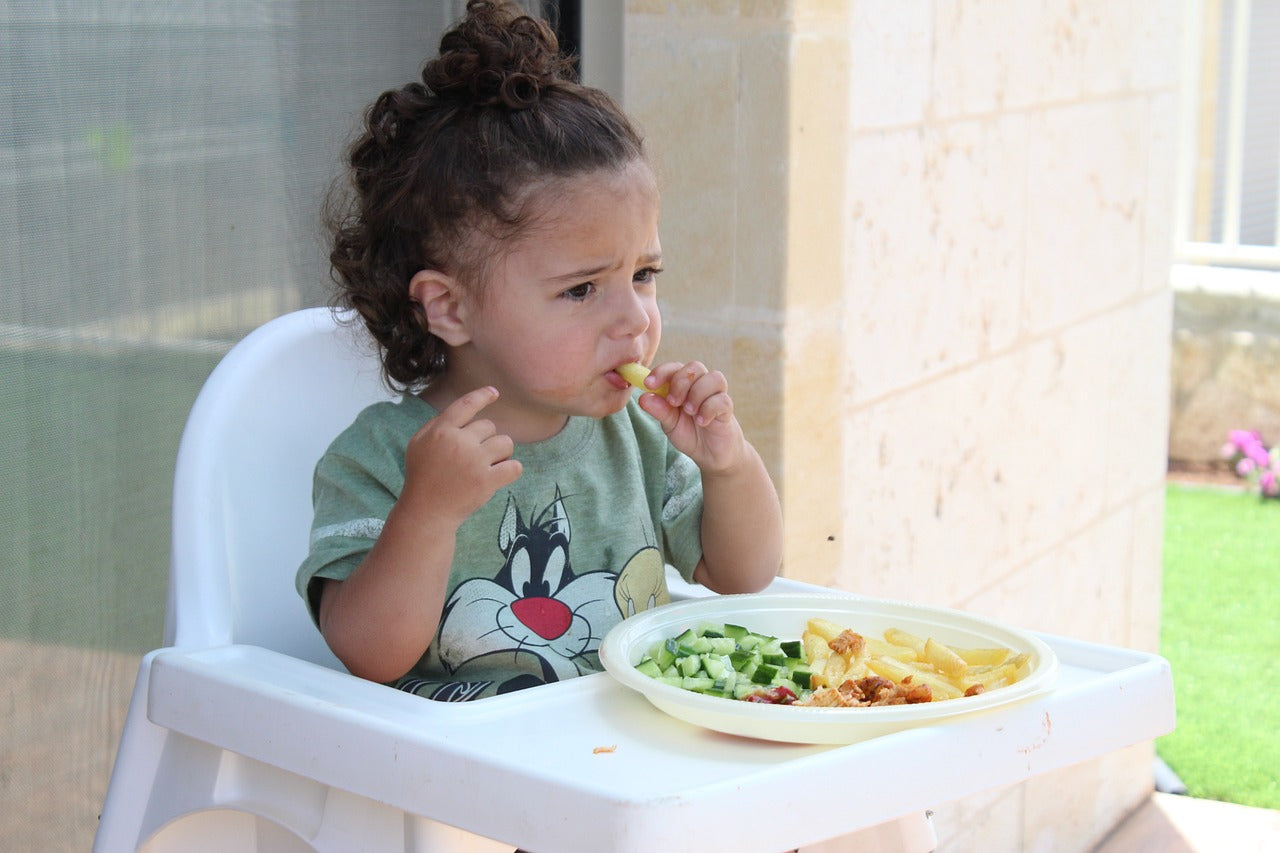Not sure what diet to follow during pregnancy ? In this article we will give you some advice.
During pregnancy, the nutrition of the future mother is of fundamental importance for her and the baby's well-being. The diet during this period must not only meet the nutritional needs of the mother, but also support the growth and development of the fetus.
Proper nutrition can prevent complications, ensure a healthy pregnancy , and contribute to a safe birth. In this article, we will delve into the importance of nutrition during pregnancy, offering practical examples of foods to include in your diet.
The importance of nutrition during pregnancy
A balanced and nutritious diet during pregnancy is essential for several reasons. First of all, it provides the fetus with the nutrients it needs for particularly healthy development.
For example, a baby’s brain and nervous system develop rapidly during pregnancy and require a steady supply of nutrients such as folic acid, iron, and omega-3 fatty acids.
Additionally, proper nutrition can reduce the risk of pregnancy complications , such as anemia, preeclampsia, and gestational diabetes. Good nutrition can also affect the baby's birth weight, reducing the risk of premature birth and neonatal health problems.
Last but not least, a healthy diet helps a mother maintain energy levels, support her immune system , and better cope with the physical and emotional challenges of pregnancy.
Examples of essential nutrients and recommended foods
Folic acid is essential for the prevention of neural tube defects. It is found in green leafy vegetables, citrus fruits, beans, peas, and fortified cereals. It is recommended to take a folic acid supplement before conception and during the first trimester.
Calcium is also important for the development of bones and teeth in the fetus. Common sources of calcium include milk, yogurt, cheese, tofu, and green leafy vegetables such as broccoli and cabbage.
Vitamin D helps with calcium absorption and is crucial for bone health. This can be obtained through exposure to the sun and by consuming foods such as fatty fish, eggs, and fortified milk.
Iron is also needed for the production of hemoglobin and to prevent anemia. Sources of iron include red meat, chicken, fish, legumes, and fortified cereals. Vitamin C, found in fruits such as oranges and strawberries, can improve iron absorption.
Proteins , on the other hand, are essential for the growth of the baby's tissues. Some examples of protein sources include lean meat, fish, eggs, legumes, nuts and seeds.
Omega-3 fatty acids are also essential for fetal brain and eye development. Food sources include fatty fish such as salmon, flaxseed, walnuts, and fish oil.
Finally, fiber is important to prevent constipation, a common problem during pregnancy. It is mainly found in fruits, vegetables, whole grains but especially legumes.
Pregnancy Nutrition: Examples of Meals and Snacks
A balanced diet during pregnancy doesn't have to be complicated. Here are some practical examples of meals and snacks that can help meet the nutritional needs of mother and baby:
Breakfast :
- Oatmeal porridge with fresh fruit (e.g. blueberries or bananas) and a handful of nuts.
- Greek yogurt with honey, chia seeds and strawberries.
- Scrambled eggs with spinach and whole wheat toast.
Lunch:
- Quinoa salad with avocado, chickpeas, cherry tomatoes and feta.
- Lentil soup with whole wheat bread.
- Whole wheat sandwich with turkey, lettuce, tomato and hummus.
Dinner :
- Baked salmon with a side of broccoli and sweet potatoes.
- Tofu stir-fry with mixed vegetables (e.g. peppers, carrots, courgettes) and brown rice.
- Grilled chicken with spinach, walnut, apple and goat cheese salad.
Snacks :
- An apple with almond butter.
- Carrots and peppers with hummus.
- A handful of mixed nuts and dried fruit.
Tips for Tackling Eating Challenges During Pregnancy
During pregnancy, many women experience symptoms such as nausea, heartburn, and food cravings, which can make it difficult to maintain a balanced diet. Here are some tips for dealing with these challenges:
- Nausea : Eating small frequent meals can help manage nausea. Ginger and peppermint teas may also be helpful;
- Heartburn : Avoiding spicy, fatty, and acidic foods can reduce heartburn. Eating slowly and not lying down immediately after eating can also help;
- Food Cravings: It is normal to have cravings during pregnancy. However, it is important to indulge in these cravings in moderation and choose healthier options when possible;
- Hydration : Drinking plenty of water is essential to prevent dehydration and support kidney function. Herbal teas, diluted fruit juices, and broths can also help with water intake.
Conclusions
Nutrition during pregnancy is a crucial element in ensuring the well-being of the mother and baby. Including a variety of healthy foods and maintaining good hydration are essential steps for a serene and healthy pregnancy.
To find out how to best feed your little one, however, it is important to follow a nutritional path such as with Holifya , where you can receive advice tailored to your needs.




Leave a comment
This site is protected by hCaptcha and the hCaptcha Privacy Policy and Terms of Service apply.